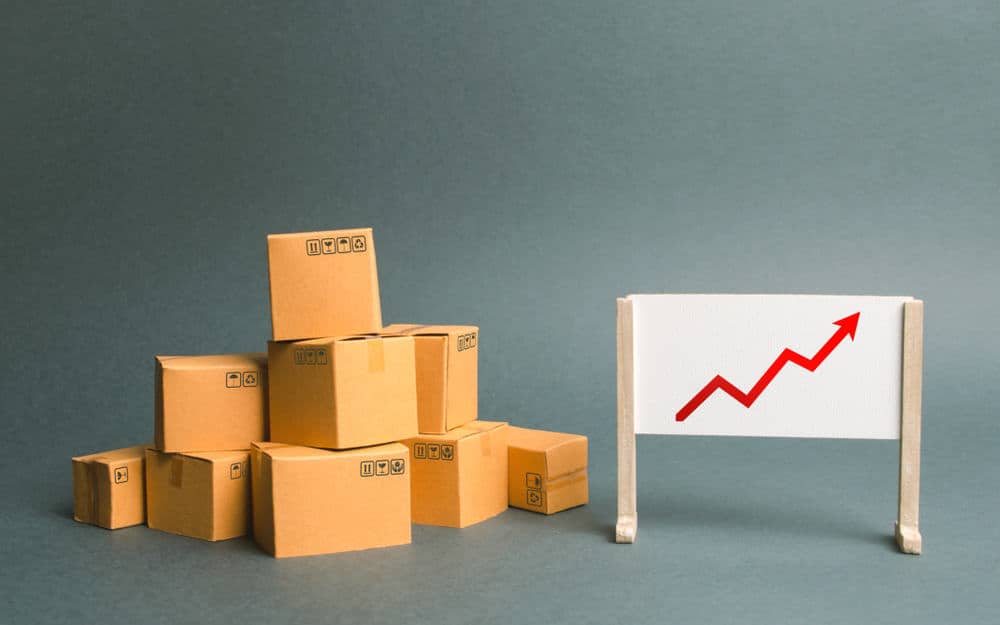China has various taxes and duties that apply to imports and have a significant effect on the overall pricing scheme and ability to obtain a profit that companies need to be aware of before they execute sales contracts in the nation. Having a good understanding of these taxes and duties before selling or importing goods to China can help businesses incorporate their costs into their estimates to make decisions related to their profitability.
Below, we discuss the top costs that you may face and how they apply.
Customs Duties
Customs apply when goods are imported in China. The amount of customs duties depends on the price or value of the imported goods. It is based on the transacted price of the goods. In addition to the base value of the goods, this amount also includes transportation-related expenses and insurance premiums paid to protect the goods before they arrive in China. The value does not include value-added or consumption taxes.
Therefore, calculating the cost of customs duties involves the following formula:
(Cost of Goods + Freight + Insurance) * Tariff Rate
Value-Added Tax
Value-added tax is a form of a consumption tax that is imposed on a product when the value is added at each stage of the supply chain, beginning with production to the end sale. The amount of VAT that must be paid is based on the cost of the product less the cost of goods used to produce it that have already been taxed.
China exempts certain items from import VAT, including:
- Imported equipment or instruments to be directly used in scientific research, experiments or education
- Imported equipment and materials donated as non-reimbursable assistance by foreign governments or international organizations
- Articles directly imported by organizations for use by the disabled
Businesses may be able to reduce the import value-added tax for imported goods by negotiating lower freight cost and insurance premiums. If the importer is a VAT taxpayer, the value-added tax that he or she paid for imported goods can reduce output VAT.
Taxpayers can use two methods to calculate the VAT they must pay:
- General calculation = Current output VAT – current input VAT
- Simplified calculation = Sales volume * VAT levying rate
Consumption Tax
Consumption tax is a special tax imposed on the purchase of certain goods. In China, the consumption tax is applied to the following five categories of products:
- Products that are harmful to health, social order and the environment, including tobacco, alcohol, and fireworks
- Luxury goods such as precious jewelry and cosmetics
- High-energy consumption and high-end products like motorcycles and passenger vehicles
- Non-renewable and non-replaceable petroleum products like diesel oil and gasoline
- Financially significant products like tires for motor vehicles
A company that processes these goods must withhold and pay consumption tax based on the value of the raw materials used to process them. These taxes must be filed monthly.
Who Pays for Freight and Insurance?
Who is responsible for freight and insurance on imported goods depends on how the sales contract is worded.
If the contract includes the phrase “Cost, Insurance and Freight” or “CIF,” the seller is responsible for the costs to transport the goods and insurance. However, if the term “Free on Board” or “FOB” is used, the buyer is responsible for those expenses. Therefore, how the contract is worded will affect the overall value of the goods and the customs duties that will be required to be paid on them.
Seek Professional Guidance
Because import taxes and customs duties can have a significant impact on the price of imported goods, it is important that terms regarding their calculation and payment are carefully drafted by a professional. The type of good involved will also significantly affect the potential tax liability. In some scenarios, the good may be exempt from VAT. Consulting with a professional advisor on important tax and duties is recommended.















